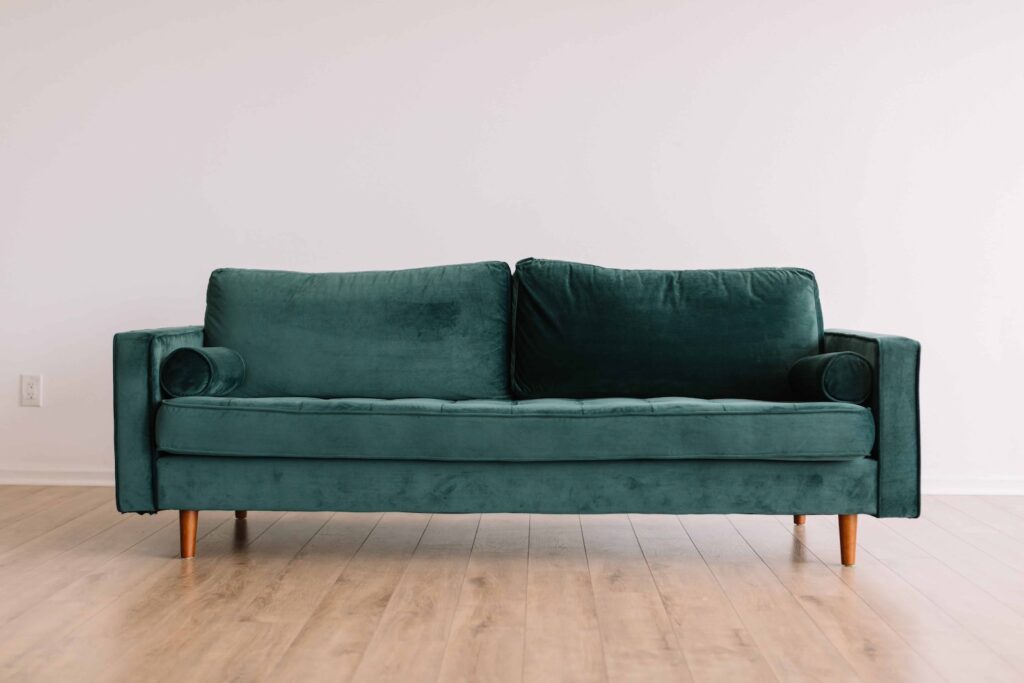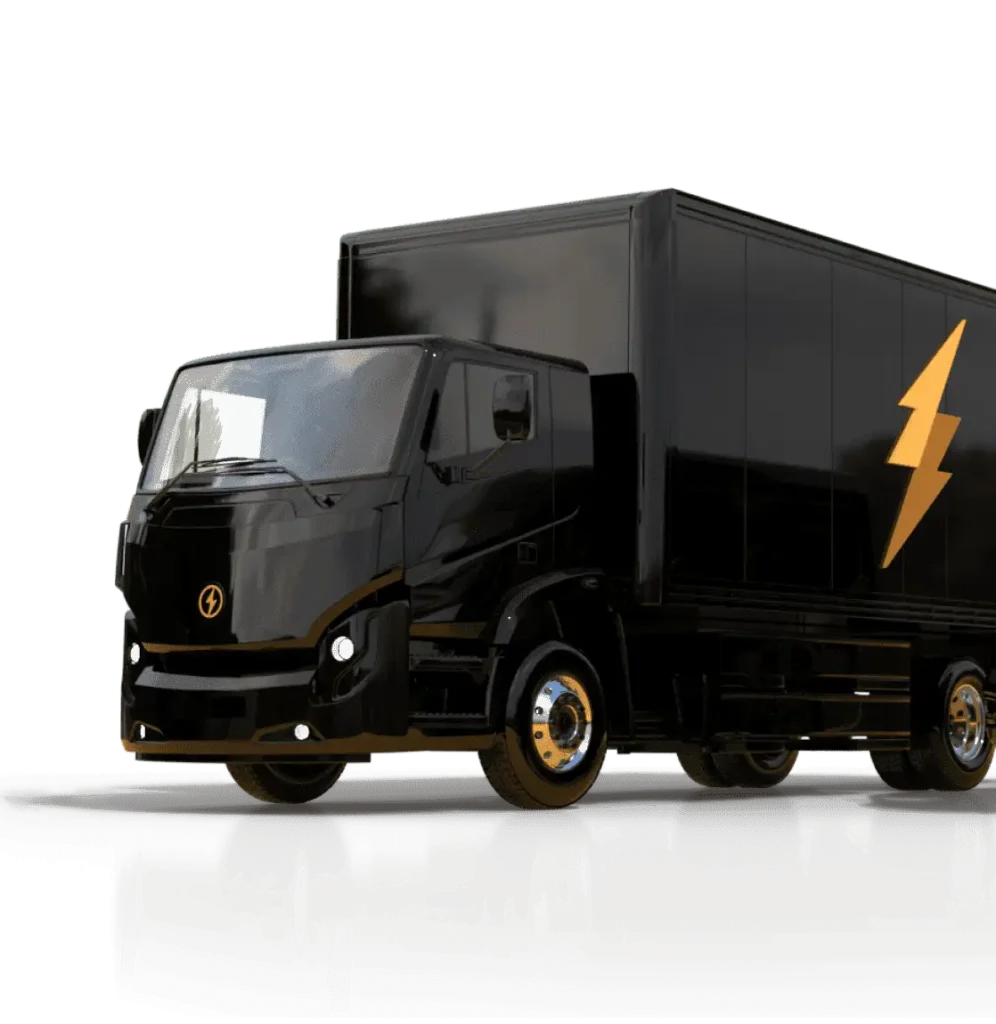Research shows consumers were on track to return half a trillion dollars of products in 2021. While the process of making returns to, say, clothing or toy retailers, is relatively seamless, it’s a different story when it comes to furniture, mattresses, and larger household items.
Damaged furniture and household goods make up a large percentage of hard-to-handle returns. Since retailers and manufacturers often don’t resell them, these items lack a final destination and end up in landfills. Not only does this create an immense amount of unnecessary waste, but it also puts a big dent in retailers’ efforts to be more sustainable.
The good news is things are changing. As more and more consumers assess the sustainability practices of brands, an increasing number of retailers are exploring ways to curb their ecological footprint. Now, thanks to organizations like Toronto-based Furniture Bank, unsellable and returned furniture is getting a second chance by helping families in need.
GoBolt + Furniture Bank
While some third party logistics (3PL) providers collect returns to be landfilled, GoBolt partnered with Furniture Bank to drive sustainability and social impact by rerouting returned goods to community members in need.
How it works
Affordable housing is hard to come by for many families these days, especially those living below the poverty line. And even after getting into housing, the cost of furniture and housewares – the things that help make a house a home – can be a struggle. According to research by Furniture Bank, it costs upwards of $4,000 to fully furnish an empty one-bedroom apartment.
Together, with GoBolt and community-driven retailers, Furniture Bank is effectively removing these financial hurdles one return at a time to ensure everyone has the comfort of a furnished home. Through GoBolt’s sustainability-focused reverse logistics program, the unsellable returned goods it collects can be redirected into the community and housing programs within 48 hours of being received.
The program’s impact is three-fold, producing measurable economic, environmental and social benefits:
- Economic Impact: Furniture Bank has a high social return on investment. For every dollar donated or invested, over $12 is returned to society. The sustainability value created by GoBolt alone represents a benefit back to society that’s equivalent to more than $400,000.
- Environmental Impact: In 2021, Furniture Bank delivered more than 40,000 furniture items and effectively diverted some 744 tonnes of furniture waste from landfills.
- Social Impact: When asked about the impact Furniture Bank has had on them, 83% of its beneficiaries said that their hope for the future had been restored, while more than 70% reported heightened confidence, self-esteem and family stability.
What’s next
Furniture retailers may have relied on landfills in the past because it was an easy option, but these days, it’s not the only option. Ask what happens to your damaged and unsellable returned goods. Do they have to be destined for the landfill? Or are there local furniture banks that can put these products to good use?
By working with your logistics partner, you can create a more sustainable return solution, improve your company’s ecological footprint and do social good by helping families in need – that’s something your customers are sure to get behind.
–
Want to learn more about partnering with GoBolt? Reach out to [email protected].







